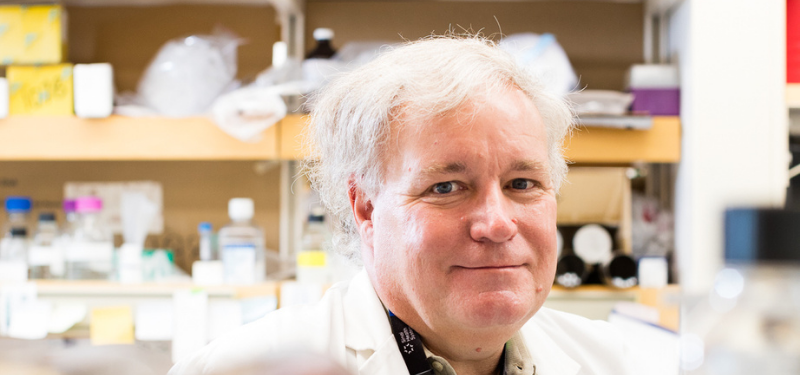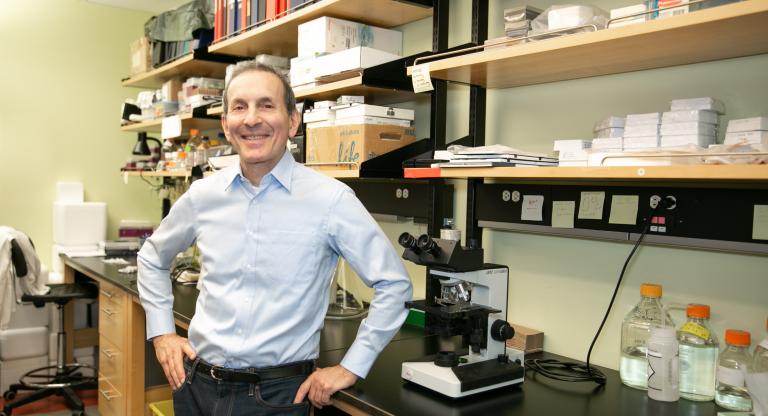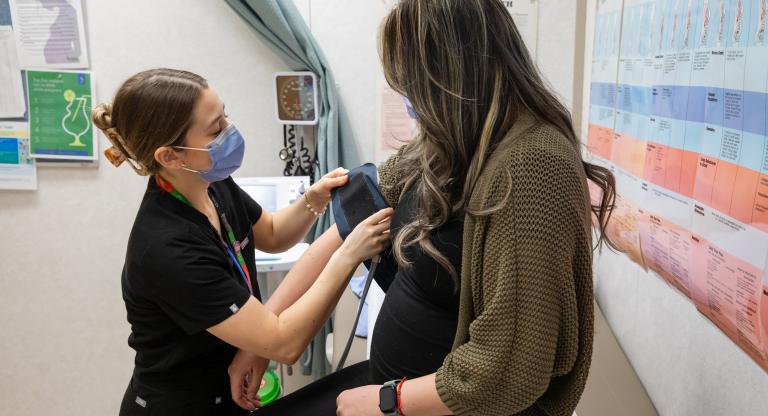Sinai Health receives $5 million for research into Hippo pathway

Sinai Health researchers are one step closer to identifying therapeutics that target a key mechanism in tumour growth, thanks to a $5 million dollar grant from the Terry Fox Research Institute.
As part of a Terry Fox New Frontiers Program Project Grant, the team of researchers at the Lunenfeld-Tanenbaum Research Institute, led by Jeff Wrana, will receive $5.45 million over the next six years to expand their Hippo Pathway studies.
In order to grow, cancers must overcome a series of mechanisms that control the normal functioning of our cells. One such mechanism is known as the “Hippo” pathway.
“The main job of this pathway is to control tissue size,” said Wrana, a senior investigator at the LTRI. “When this pathway is working, tissue grows normally, but when there’s something wrong with it, tissue can grow uncontrollably, which is what happens in most cancers.”
The team includes fellow LTRI investigators Anne-Claude Gingras, Frank Sicheri, Daniel Schramek and Pam Goodwin, as well as Drs. Liliana Attisano at the University of Toronto, and Rima Al-awar from the Ontario Institute for Cancer Research.
Thanks to TFRI support, Wrana and his team have identified a number of key features over the last four years that characterize the Hippo pathway, including potential vulnerabilities that they are now exploiting to stop tumour growth.
“We have come to learn a great deal about this pathway,” Wrana said. “We now understand the inner workings of the Hippo system and are in a position to begin to identify and optimize therapeutics to shut it off.”
In this iteration of the project, the team will move their energies away from colorectal cancer and focus on head and neck squamous cell cancer and triple-negative breast cancer. The team will also expand to include a drug development program that will seek to create treatments that target the pathway.
“Our previous grant provided key resources that allowed us to make exciting new findings that have the potential to really make a difference in the lives of patients,” Wrana said. “We’re very excited to continue to move ahead with these discoveries, and integrate even more labs into our program, so we can maximize the impact of our work.”
The Terry Fox New Frontiers Program Project Grants is a long‐standing program involving the best cancer researchers in Canada. These programs support Canadian research teams exploring new frontiers in cancer research, such as breakthrough and transformative biomedical, clinical and translational research which may form the basis for innovative cancer prevention, diagnosis and treatment.












